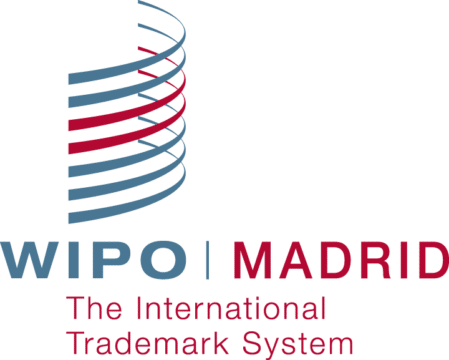U.S. companies that conduct business abroad or that are interested in expanding into international markets should seriously consider the benefits of filing for international trademark protection on the valuable trademarks associated with the business. Having international trademarks in place can help protect the company’s brand, identity and products from being confused with those of competitors and copycats. A well-thought out international trademark filing strategy can help a company secure a competitive advantage in other countries.
A registered trademark is a valuable intellectual property right, but it is territorial in nature, meaning that protection only exists in the country in which it is granted. As such, a company that conducts business in multiple countries needs to secure trademark protection in each country where the trademark is used in commerce. Obtaining world-wide protection is possible, but it would require filing for trademark protection in each individual country or region, which could amount to almost 200 different trademark applications!
World-wide trademark protection is not really feasible, or even necessary, for many businesses, Instead, it is not uncommon for a business to pick and choose where to pursue international trademark protection. Generally speaking, businesses typically obtain trademark protection in countries where they conduct business, and countries where there is a high likelihood of counterfeiting.
International Trademark Filings Made Easy With the Madrid Protocol
International trademark filing under the Madrid Protocol are cost-effective because a single application is used to seek trademark protection in multiple countries at one time. The Madrid Protocol is an international trademark treaty that enables streamlining of the international trademark filing process. Currently, there are 98 member countries that are party to the Madrid Protocol, and filing one application means that protection can be sought in any of the 98 participant countries.
It is significantly more affordable to seek international trademark protection under the Madrid Protocol than to file separate trademark applications in individual countries. With the payment of a single fee, and the help of a single US trademark attorney, trademark protection can be obtained in a number of other countries. The process is relatively quick, which enables your business to move forward quickly in order to expand into new markets and to capture new sales.
There are specific requirements as to the form and content of the international trademark application, and once completed, the form can be filed at the United States Patent and Trademark Office – this will be the Office of Origin of your company’s international trademark application. An experienced New York international trademark attorney can help you prepare and file an International trademark application for your company.
It is in the best interests of many companies to seek and obtain trademark protection in other countries outside of the US, particularly if the company conducts business abroad. An international trademark filing attorney can help you secure the trademark protection that your business needs outside the United States. Contact the professionals at Revision Legal to discuss your company’s trademark situation and international trademark strategy. We can be reached by calling 855-473-8474 or by using the form on this page.




